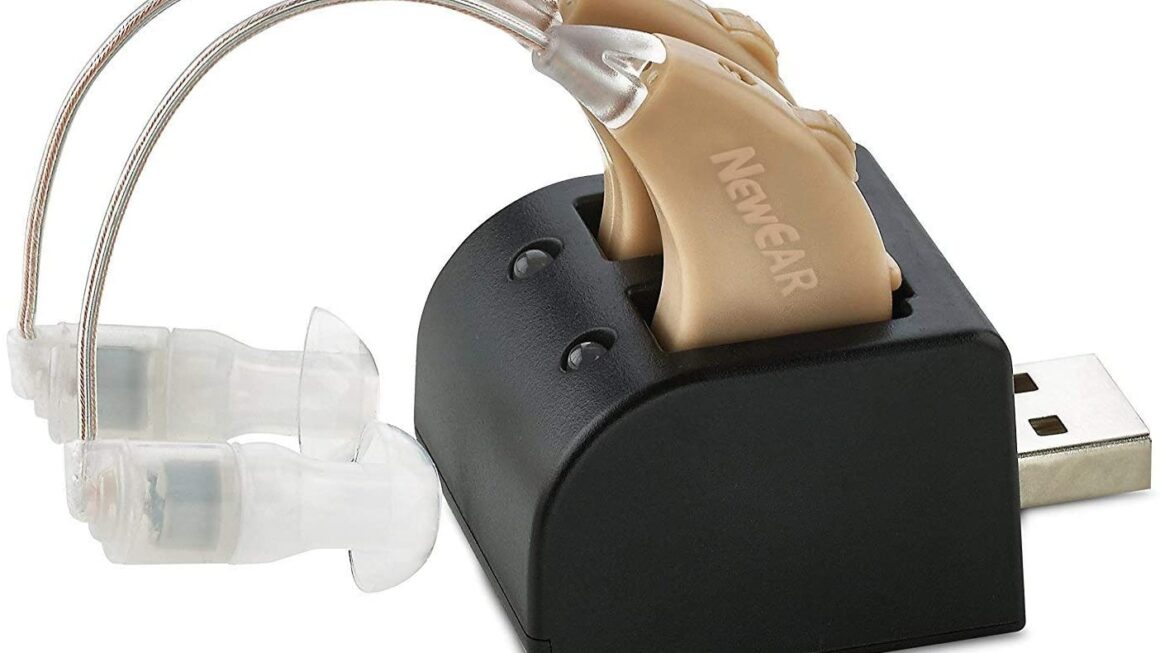Introduction
Migraines are a neurological condition characterized by intense headaches that can cause significant pain and discomfort. While most people are familiar with the common migraine, there is another type known as a complex migraine. Complex migraines are more severe and may involve additional neurological symptoms beyond a typical headache. In this article, we will explore the causes, symptoms, and treatment options for complex migraines.
What is a Complex Migraine?
A complex migraine, also known as a complicated migraine or a migraine with aura, is a neurological disorder that includes the normal migraine headache as well as extra symptoms known as an “aura.” Aura symptoms can include vision problems, sensory alterations, linguistic difficulties, and motor issues. These extra symptoms can arise before or during a migraine attack and can last anywhere from a few minutes to many hours.
Causes of Complex Migraine
The exact cause of complex migraines is still not fully understood. However, researchers believe that various factors contribute to their development. These factors may include genetic predisposition, abnormal brain activity, hormonal changes, certain medications, environmental triggers, and lifestyle factors such as stress, sleep disturbances, and dietary choices.
Symptoms of Complex Migraine
Complex migraine symptoms might differ from person to person and from episode to episode. Individuals with complex migraines may experience additional symptoms such as visual disturbances (flashes of light or blind spots), tingling or numbness in the face or extremities, difficulty speaking or finding the right words, temporary weakness or paralysis, and, in some cases, confusion or loss of consciousness, in addition to the typical migraine headache.
Diagnosis of Complex Migraine
Diagnosing complex migraines involves a thorough medical evaluation by a healthcare professional. The doctor will review the patient’s medical history, conduct a physical examination, and may order additional tests to rule out other possible causes of the symptoms. Keeping a detailed headache diary can also aid in the diagnosis process.
Treatment Options for Complex Migraine
The treatment of complex migraines aims to alleviate symptoms, prevent future attacks, and improve the quality of life for individuals affected by this condition. The approach to treatment often involves a combination of lifestyle modifications, medications, alternative therapies, and preventive measures.
Lifestyle Modifications
Making certain lifestyle changes can help manage complex migraines. These include:
- Establishing a regular sleep routine
- Practicing stress management techniques, such as relaxation exercises or meditation
- Avoiding triggers like certain foods, bright lights, loud noises, or strong odors
- Engaging in regular exercise and maintaining a healthy diet
Medications
Complex migraines can be treated with a variety of medicines. For minor episodes, over-the-counter pain medicines may be sufficient, however, prescription medications such as triptans or ergotamines may be required for more severe symptoms. A healthcare practitioner may also prescribe anti-nausea drugs and preventative medications such as beta-blockers or antidepressants.
Alternative Therapies
In addition to traditional medications, some individuals find relief from complex migraines through alternative therapies. These may include acupuncture, biofeedback, chiropractic care, herbal supplements, or cognitive behavioral therapy (CBT). It is important to consult with a healthcare professional before trying any alternative therapy to ensure safety and effectiveness.
Preventive Measures
For individuals with frequent or severe complex migraines, preventive measures may be recommended. These can include taking daily medications to reduce the frequency and severity of attacks, avoiding known triggers, and making necessary lifestyle changes. Identifying and addressing potential triggers is a crucial aspect of prevention.
Managing a Complex Migraine Attack
When a complicated migraine attack develops, it is critical to have a plan in place for symptom management. Finding a quiet and dark place, applying a cool or warm compress to the head or neck, practicing relaxation techniques, and taking prescribed medications as indicated are all possible options. It is critical to follow the advice of a healthcare professional and not exceed the specified dosage.
When to Seek Medical Help
While most complex migraines can be managed at home, there are instances when medical help should be sought. If the symptoms suddenly change or worsen, if the headache lasts longer than usual, if there is a sudden onset of severe pain, or if there are signs of neurological abnormalities, it is important to seek immediate medical attention.
Tips for Coping with Complex Migraine
Living with complex migraines can be challenging, but some strategies can help cope with the condition:
- Educate yourself about complex migraines and their management.
- Establish a support network with family, friends, or support groups.
- Practice stress-reducing activities such as yoga, deep breathing exercises, or mindfulness.
- Prioritize self-care and make time for activities that bring joy and relaxation.
- Communicate openly with healthcare professionals and follow their recommendations.
Impact of Complex Migraine on Daily Life
Complex migraines can have a substantial influence on a person’s everyday life, interfering with employment, social activities, and relationships. It is critical to recognize the difficulties and seek help from loved ones and healthcare specialists. Individuals can reclaim control of their life and reduce the impact of complicated migraines by effectively managing the disease.
Support and Resources for Complex Migraine Sufferers
For individuals living with complex migraines, accessing support and resources can be beneficial. There are numerous organizations, online communities, and helplines that provide information, guidance, and a platform to connect with others facing similar challenges. These resources can offer valuable support, tips, and strategies for coping with complex migraines.
Conclusion
Complex migraines are a form of neurological illness characterized by strong headaches with an aura of other symptoms. While the specific etiology is unknown, several variables contribute to their formation. Complex migraines can be effectively managed with proper diagnosis and an individualized treatment plan. Individuals can find relief and recover control of their lives by adopting lifestyle changes, using drugs and other therapies, and implementing preventive measures.
FAQs
Can stress trigger a complex migraine?
Yes, stress is a known trigger for complex migraines. Managing stress through relaxation techniques and stress-reducing activities can help prevent or alleviate symptoms.
Are complex migraines hereditary?
There is evidence to suggest that complex migraines can have a genetic component. If a close family member has a history of migraines, the risk of developing them increases.
Can hormonal changes affect complex migraines?
Yes, hormonal changes, such as those occurring during menstruation or pregnancy, can influence the frequency and severity of complex migraines.
Are there any dietary changes that can help manage complex migraines?
Certain foods, such as aged cheese, chocolate, or foods containing monosodium glutamate (MSG), can trigger migraines in some individuals. Keeping a food diary and avoiding known trigger foods may be beneficial.
Can complex migraines be cured?
Currently, there is no cure for complex migraines. However, with proper management and treatment, symptoms can be significantly reduced, and the impact on daily life can be minimized.












